Wait, Dark Souls' endings are unsatisfying on purpose?
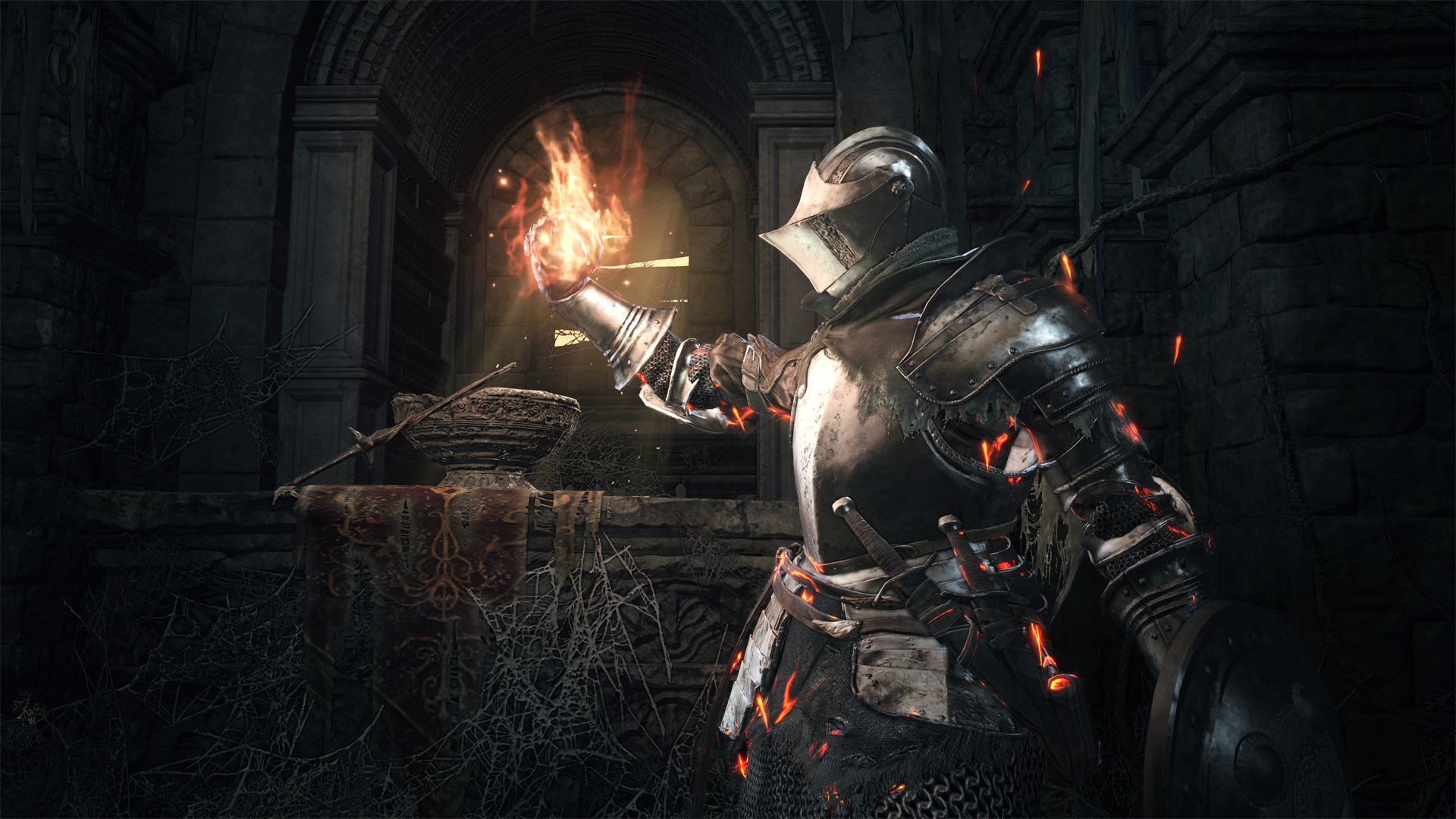
Minor spoilers for the big-picture perspective of Dark Souls 3's ending below.
Last year, after hours of intense struggle and enraptured exploration, I finally finished Bloodborne - and my efforts were rewarded with an abrupt, cryptic ending that left me more confused than satisfied. And just last week, as I watched Dark Souls 3's credits roll after slaying an enemy who I wasn't even aware was the final boss, I felt a similar lack of closure and ceremony, considering I had come so far. FromSoftware's action RPGs all seem to end this way: a cutscene that shows almost nothing and explains even less.
These games are lauded for their demanding challenge, complex lore, and intricate storytelling, yet their multiple endings are the definition of an anticlimax. At the time, all I could think about was how my feelings of bewilderment were putting a damper on any sense of accomplishment. But now that I've had some time to digest the finale of the latest and last Dark Souls, I've had an epiphany about FromSoftware's acclaimed games: their inconclusive closing cutscenes are an ingenious parallel to the structure of the worlds themselves.
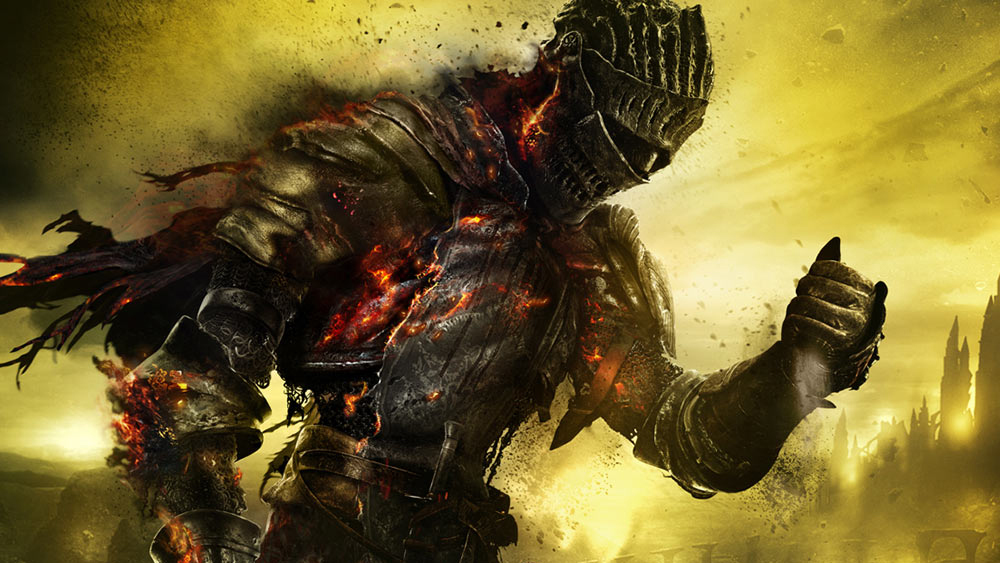
Every Souls experience (which, for my money, includes Bloodborne) is designed to be a neverending loop. That goes for both the lore and the gameplay structure; the latter plainly reinforced by the post-credits encouragement for you to start Journey 2 (a New Game+ in which enemies' stats are appropriately scaled up, making the entire game just as dangerous as the first time you played through it). And when you finish that run, you're invited to tackle Journey 3, aka NG++. This progression can happen a whopping six times, far more than the average player would ever undertake. Even after you've wrapped up a run of "New Game ++++++", you're welcome to keep restarting - it's just that the difficulty won't scale up any further.
As for the narrative recursion, the grim fantasy of Dark Souls is based on cycles. A lowly Undead (that's you) rises up from the ashes, forges their way through a hostile world, and vanquishes a series of former heroes who have fallen from grace, corrupted by their everlasting existence. Once you've bested them, it's up to you whether you want to leave the realm as it is, or rule it as your own. Either way, via the unyielding passage of time, you too will become corrupted, and another intrepid warrior will endeavor to put you down. That's a pretty cursory outline, anyway - but the recurring theme of the Souls universe (and Dark Souls 3 in particular) is that, whether tomorrow or ages from now, everything's bound to be repeated. Our entire existence is just one long New Game+.
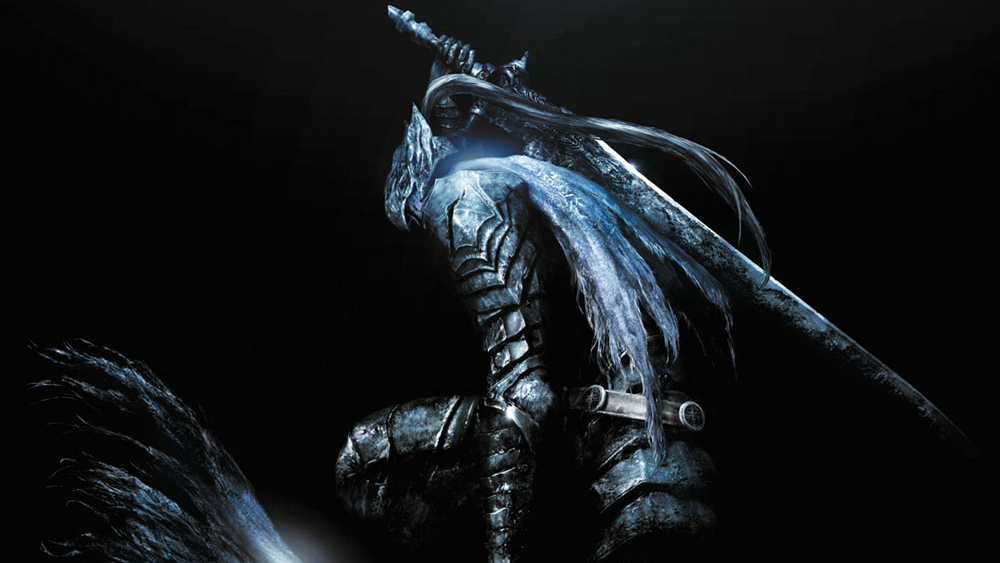
Even on the smaller scale, the entire structure of the Souls series is built around loops. As any Souls veteran will know, exploration is crucial, and you're always on the lookout for shortcuts that let you safely retrace your steps. Not only are these shortcuts convenient, letting you bypass arduous areas that you've already proven you can overcome - they also lead to some of Dark Souls' most enchanting moments, that slow realization of "Oh my God, it's THIS area again!" From a purely architectural standpoint, the interconnected layouts of Souls' distinct regions are astounding. You'll often end up visiting the gorgeous vistas you can spot way out in the distance early on, and it's astonishing to consider the sheer amount of foresight and spatial reasoning it must've taken to craft a pathway that could link these regions together. Though the locations are a fairly even mix of open-air and enclosed spaces, at times it feels like the whole world is one colossal labyrinth built by a team of masterful masons. Maybe that's just my personal mental image, but you get the picture.
Because of that precedent, there are few things more disappointing than encountering a dead end in Dark Souls. Ok, yes, failing to recover your corpse when you've got 50,000 souls hanging in the balance is certainly up there - but there's a certain sensation of melancholy that comes with reaching a barrier to your progress, even if that progress would've been bridging the gap between this current area and one you've previously explored. Dark Souls 2 is commonly thought to be the relative low point of the beloved series, mainly due to the blueprint of its kingdom looking more like standalone spokes on a central hub rather than a baroque maze of crisscrossing trails. Dead ends remind you that you're playing a video game with predefined levels, rather than adventuring through the sprawling expanses of a wide-open, interlocking realm.
Sign up to the GamesRadar+ Newsletter
Weekly digests, tales from the communities you love, and more
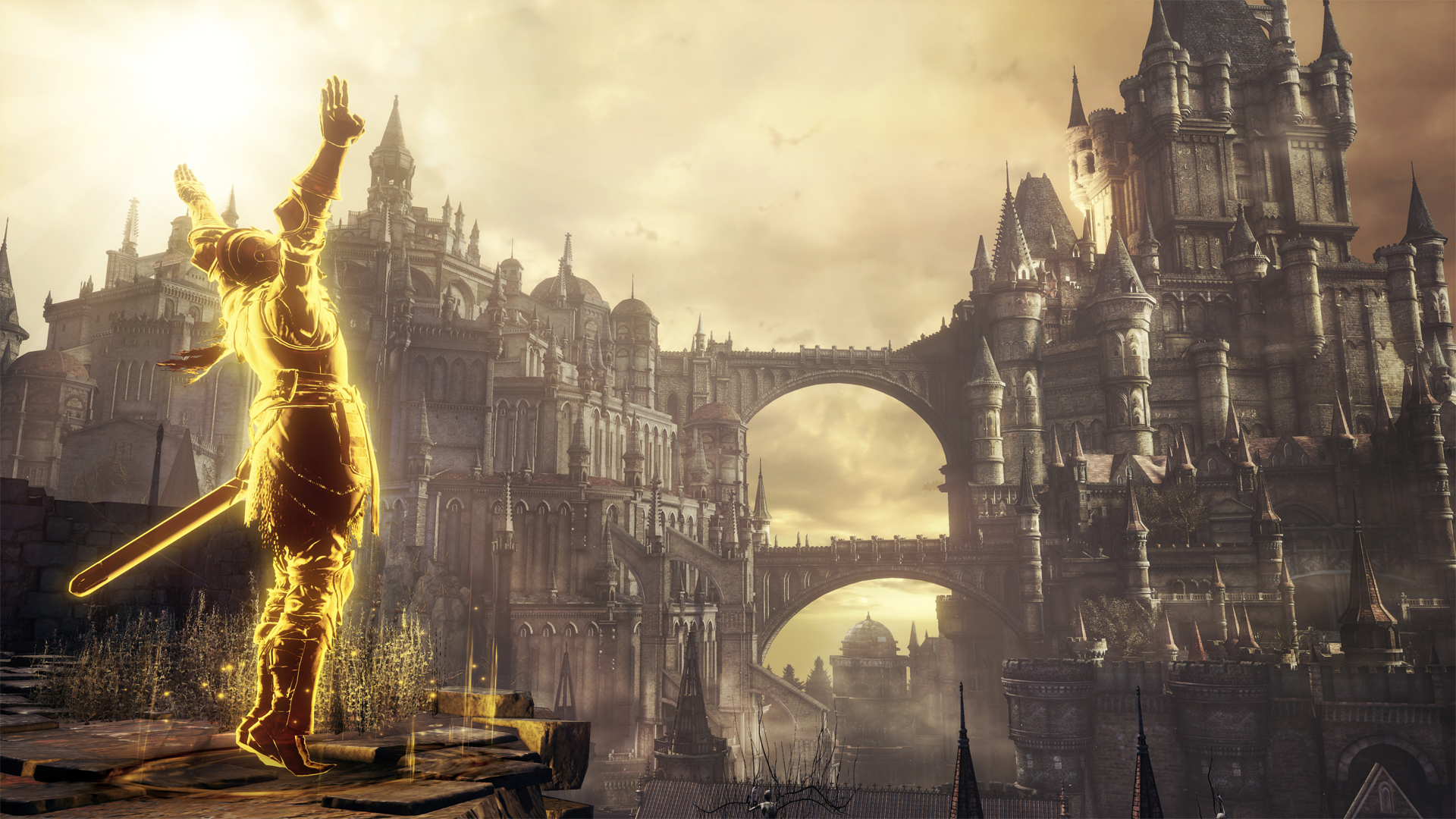
And what is a grand finale of an ending if not the ultimate dead end? Consider the conclusion of Metal Gear Solid 4: Guns of the Patriots, which holds the record for gaming's longest cutscene at 27 continuous minutes and is essentially the polar opposite of Dark Souls 3's blip of an ending. This is your grand reward for hours of play: a cinematic that feels like a dang movie compared to most, delivering the kind of explosive, emotionally draining closure that isn't made to be experienced again and again. I don't imagine that the majority of MGS4 players watch the ending, take a breath, and immediately start another go-around. Roguelikes notwithstanding, that's likely the case for most games that take over 30+ hours to complete.
Souls games are an exception. For most fans, one playthrough is never enough, because there is absolutely no way you're going to see everything the world has to offer in a blind first run. With all the secret areas, hidden bosses, and ridiculously complex questlines for the majority of friendly NPCs, embarking on multiple journeys through the Souls universe is practically a requirement. And fortunately for you, the cyclical nature of Souls provides the perfect canonical reason for you to start all over again from the beginning. The barely-there ending isn't meant to be a final chapter - it's just another page in the massive tome chronicling your Unkindled's exploits.
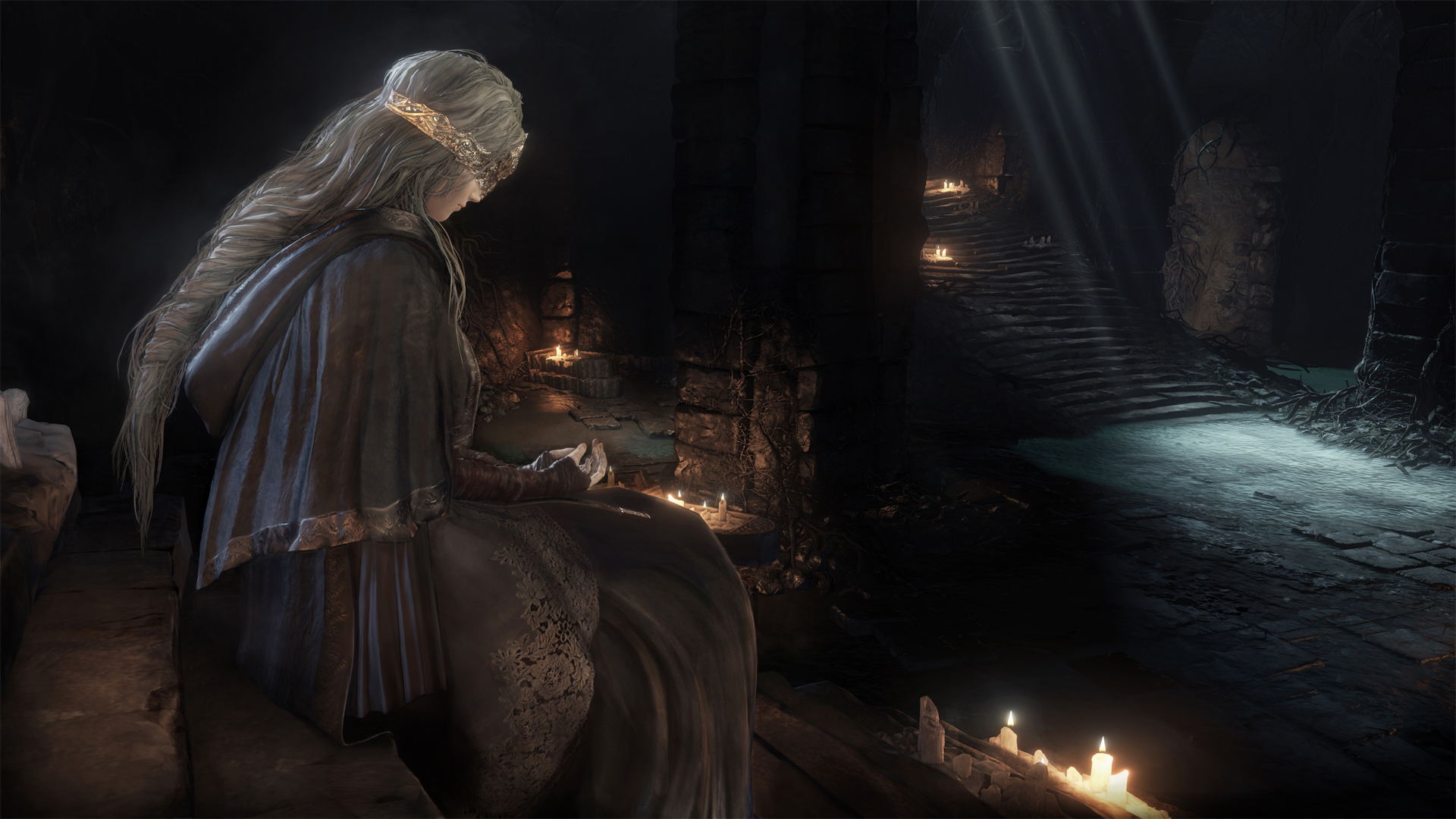
When I think about Dark Souls 3's final cutscene with all that in mind, it goes from subjectively bad to objectively brilliant. And in a sense, it's empowering. Souls games aren't about deriving closure from a cutscene - they're about deciding for yourself where your journey ends, based on your own sense of post-game accomplishment. Will you strive to collect every weapon? Successfully complete every sidequest? Score every achievement? Devote yourself to a PvP Covenant? The choice is entirely yours, divorced from the finality of a nice-and-neat conclusion that signifies it's time to move on to something else. If you've taken the time to see it through, don't be dismayed by the way Dark Souls 3 seems to end so abruptly. Think of it in the same way as any of the game's other cutscenes: this is merely a brief interlude between the hardships and victories that make up your grand journey. And where that journey ends is up to you.
Lucas Sullivan is the former US Managing Editor of GamesRadar+. Lucas spent seven years working for GR, starting as an Associate Editor in 2012 before climbing the ranks. He left us in 2019 to pursue a career path on the other side of the fence, joining 2K Games as a Global Content Manager. Lucas doesn't get to write about games like Borderlands and Mafia anymore, but he does get to help make and market them.



